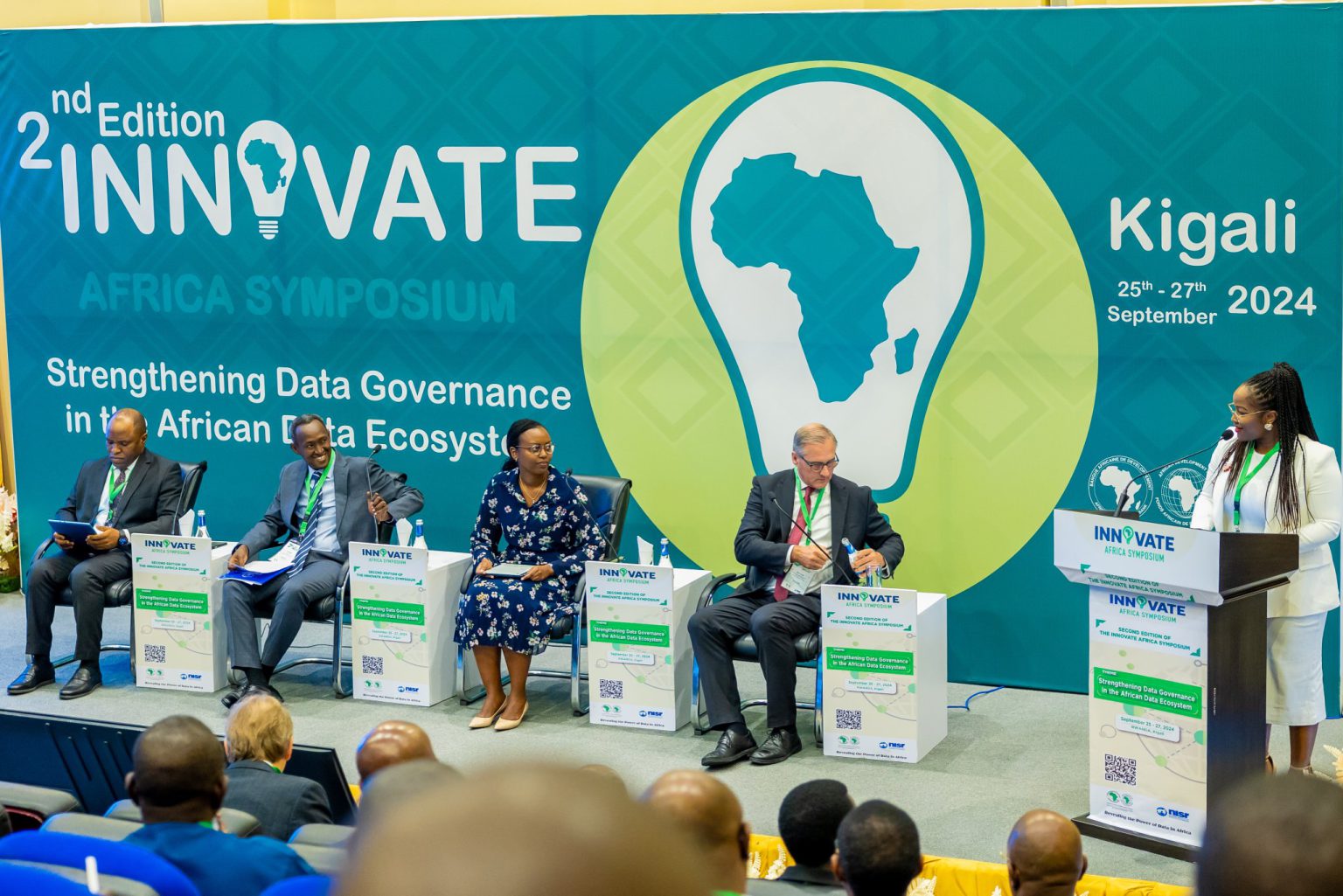Rwanda is hosting a significant conference focused on strengthening data governance across Africa, attracting stakeholders from across the continent and beyond. The three-day event, themed “Strengthening Data Governance in the African Data Ecosystem,” centers on how data can enhance decision-making, policy development, and service delivery to support economic growth.
Mutesi Rusagara, Minister in charge of Resource Mobilisation and Public Investment at the Ministry of Finance and Economic Planning (MINECOFIN), opened the conference by emphasizing Rwanda’s commitment to becoming a data-driven nation. She highlighted Rwanda’s substantial investments in data infrastructure, such as the establishment of data centers and efforts to improve digital accessibility. Rusagara also stressed the importance of developing a skilled workforce, pointing to institutions like the University of Rwanda’s African Centre of Excellence in Data Science, which is instrumental in training the next generation of data scientists.
 She underscored the country’s focus on cybersecurity, noting Rwanda’s high ranking in the International Telecommunications Union’s (ITU) Global Cybersecurity Index as a testament to its robust data protection policies.
She underscored the country’s focus on cybersecurity, noting Rwanda’s high ranking in the International Telecommunications Union’s (ITU) Global Cybersecurity Index as a testament to its robust data protection policies.
Ivan Murenzi, Director General of the National Institute of Statistics of Rwanda (NISR), detailed the progress made in data governance over the past five years. NISR has successfully established a dedicated Data Science department and piloted several innovative projects. Murenzi highlighted key partnerships with institutions such as the UK’s Office of National Statistics, the UN Statistics Division, and the African Development Bank (AfDB). These collaborations have been vital in advancing Rwanda’s data capabilities and implementing the Data Revolution Policy, which focuses on harnessing alternative data sources from the digitization of services.
Dr. Babatunde Samson Omotosho, Director of the Statistics Department at AfDB, praised Rwanda’s leadership in data governance, noting the country’s success in integrating data into its national development strategies. He reaffirmed AfDB’s commitment to supporting data governance initiatives across Africa, emphasizing that robust data systems are essential for achieving sustainable development goals.
Throughout the conference, practical examples were shared to illustrate how Rwanda is leveraging data effectively. Satellite imagery, for instance, was used during the national census to optimize operations, while mobile transaction data has informed inclusive pricing strategies. These discussions are expected to inspire greater collaboration and innovation in data governance across Africa.
As the event continues with presentations and panel discussions, Rwanda’s leadership in building a strong, secure, and data-driven future for the continent is increasingly evident. With a clear focus on infrastructure, talent development, and cybersecurity, Rwanda is positioning itself at the forefront of Africa’s data-driven transformation.


